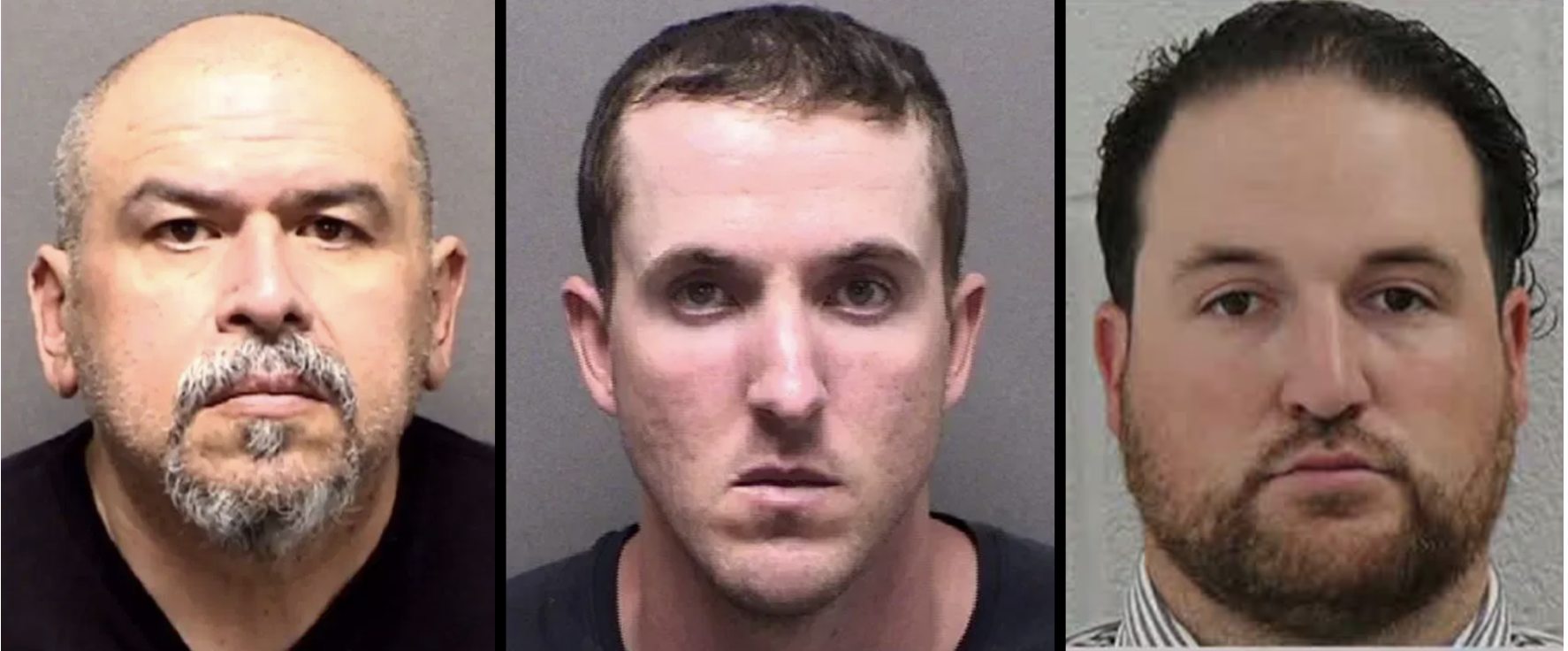 Going into the 85th Session of the Texas Legislature, Gov. Greg Abbott made clear his intentions to prioritize and pass sweeping ethics reforms for legislators. But one lawmaker sought to obfuscate and delegitimize those efforts by attacking the governor, while having a number of ethics lapses of his own.
Going into the 85th Session of the Texas Legislature, Gov. Greg Abbott made clear his intentions to prioritize and pass sweeping ethics reforms for legislators. But one lawmaker sought to obfuscate and delegitimize those efforts by attacking the governor, while having a number of ethics lapses of his own.
Included in Abbott’s reform package were components barring officials with felony convictions from holding office or drawing a pension, tightening lawmakers’ conflict of interest disclosures, enacting more effective disclosure of lobbyist wining and dining of legislators, banning elected officials from being employed as lobbyists while in office, and eliminating the “revolving door” by adding a one session cooling-off period before ex-lawmakers can become lobbyists.
Although the Texas Senate had no trouble passing an omnibus bill including all these issues, the bill was split into five parts and passed as standalone initiatives in an effort to preserve some of its sections in the event the whole stalled. This approach worked to save some of the elements of ethics reform from being swamped by the others, but it also allowed obstructionists in the House to pick off the strongest reforms.
But some legislators chose to capitalize on the appetite for ethics reform to push their own political agendas. State Rep. Lyle Larson, a Republican from San Antonio, sought to delegitimize Abbott’s efforts to shine a light on legislators by painting a target on the governor’s back and attempting to silence his supporters.
Larson filed House Bill 3305 seeking, in his own words, “to increase accountability of the governor and put a stop to pay-to-play politics by prohibiting individuals who have donated more than $2,500 to the governor’s campaign from serving as officers appointed by the governor for a calendar year.”
But Larson could only point to innuendo, and not any real evidence, to show that Abbott was engaging in “pay-to-play” appointments. Moreover, the bill was an absurd solution to that alleged problem, even if it did exist.
HB 3305 would have made it unlawful, retroactively, to have donated more than $2,500 to the governor’s campaign if the donor was later nominated to a position by the governor. In other words, under the bill, if Abbott picked a major donor for a state appointment, the donor would suddenly be in unexpected legal trouble, not the governor.
The Austin media ignored the nonsense contained in the bill and cheered Larson for attacking the governor. And although a majority of House Republicans voted against his bill, it managed to pass the House thanks to the replay of a popular pattern: a minority of Republicans joining with House Democrats.
The bill subsequently stalled in the Texas Senate. The weakness in Larson’s bill was its logic: stifling citizens’ right to support the candidates of their choice for fear of losing an appointment is an abridgement of free speech, especially when that support is transparent and consistent with reporting requirements.
Meanwhile, Larson’s own ethics record ought to be scrutinized. In light of it, Larson’s legislative record could perhaps be categorized as “’Ethics Reform for thee, and none for me.”
According to reports from the San Antonio Express-News, Larson was involved with an ethics overhaul during his service on the San Antonio City Council in the 1990s. While claiming to have nothing to hide, Larson was accused of being hostile to the ethics measure, with one story indicating that he was “offended that they and their appointees be held accountable.”
Where transparency is concerned, Larson’s self-employment acts as a shield from public scrutiny, making it unclear whether his business deals raise concerns over conflicts of interest.
When he ran for Congress in 2008, Larson publicly claimed he would resign from public office to focus on the general election. Instead, he kept his position on the Bexar County Commissioner’s Court until his November defeat.
Though he failed to honor his promise to resign to run, Larson has authored legislation in the Texas House to require other lawmakers to resign before seeking another public office.
Additionally, his efforts at enacting term limits have targeted seemingly everyone but himself. All the legislation he has authored exempts House members, but applies to statewide officials, elected and appointed executive branch officials, and political subdivisions.
By attacking Abbott and the speech rights of Texans on the floor of the Texas House while working to prevent the passage of legislation that would shine a light on relationships between the lobby and the Texas Legislature, Larson is a contender for the biggest hypocrite on ethics in the Texas Legislature.




